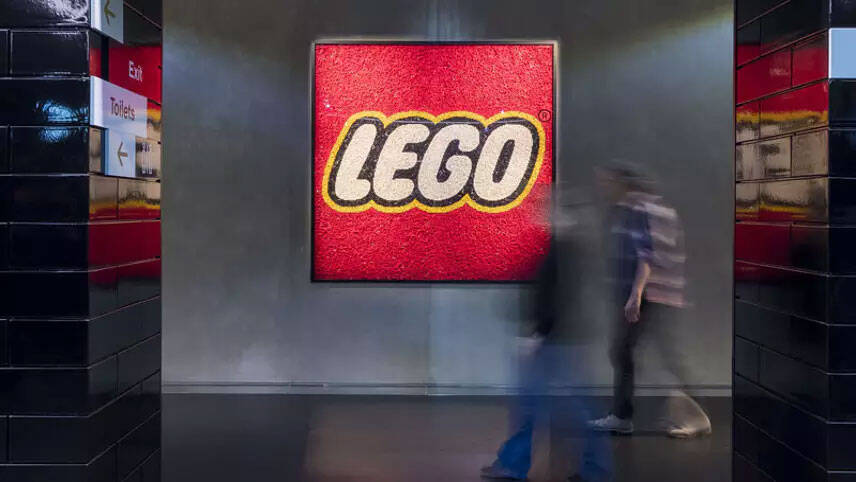Register for free and continue reading
Join our growing army of changemakers and get unlimited access to our premium content

Pictured: The LEGO House, Denmark
The toymaker told the Financial Times that it will not be able to adopt the use of recycled polyethylene terephthalate (PET) from acrylonitrile butadiene styrene (ABS) at the scale and pace it had hoped without undermining its climate targets.
Additional carbon emissions would arise from the use of additional materials, mixed in with the recycled PET/ABS to deliver the same level of durability as virgin materials. These add-ins would make processing and drying more energy-intensive, The Lego Group’s head of sustainability Tim Brooks told the Financial Times.
Another carbon challenge would be the need to change manufacturing equipment to deal with the new materials. The embodied carbon of new equipment, coupled with emissions arising from either a more energy-intensive manufacturing process or products that were less durable, would have increased Lego’s overall carbon footprint according to Brooks.
The Lego Company first pledged to work towards a product portfolio consisting entirely of recycled and bio-based materials by 2030 three years ago. A year after outlining this vision, it had expanded its teams working on environmental sustainability to more than 150 staff. It subsequently pushed the goal back to 2032 in light of the Covid-19 pandemic.
The firm’s focus will now be on incorporating more bio-based and recycled materials without necessarily reaching the 100% mark, if this would continue coming with compromises in terms of durability and/or lifecycle emissions.
edie reached out to The Lego Group for further information. A spokesperson said that the firm is not abandoning plans to make oil-free bricks but will seek alternatives to recycled PET.
The spokesperson said: “We remain fully committed to making LEGO bricks from sustainable materials by 2032.
“We have decided not to progress making bricks from recycled PET after more than two years of testing as we found the material didn’t reduce carbon emissions.Recycled PET is one of hundreds of different sustainable materials we’ve tested.
“We are currently testing and developing LEGO bricks made from a range of alternative sustainable materials, including other recycled plastics and plastics made from alternative sources such as e-methanol. We will continue to use bio-PE to make LEGO elements such as leaves, trees and accessories which are found in around half of our sets.”
Climate targets
Earlier this year, the business set a 2050 net-zero target and pledged to publish interim carbon goals aligned with the Science-Based Targets Initiative’s (SBTi) Net-Zero Standard within 24 months. These new targets will form the basis of a climate transition plan.
At the same time, The Lego Group announced an intention to invest more than $1.4bn in sustainability initiatives between 2021 and 2025. This will not, the company has stated, result in higher product costs for consumers.


Please login or Register to leave a comment.